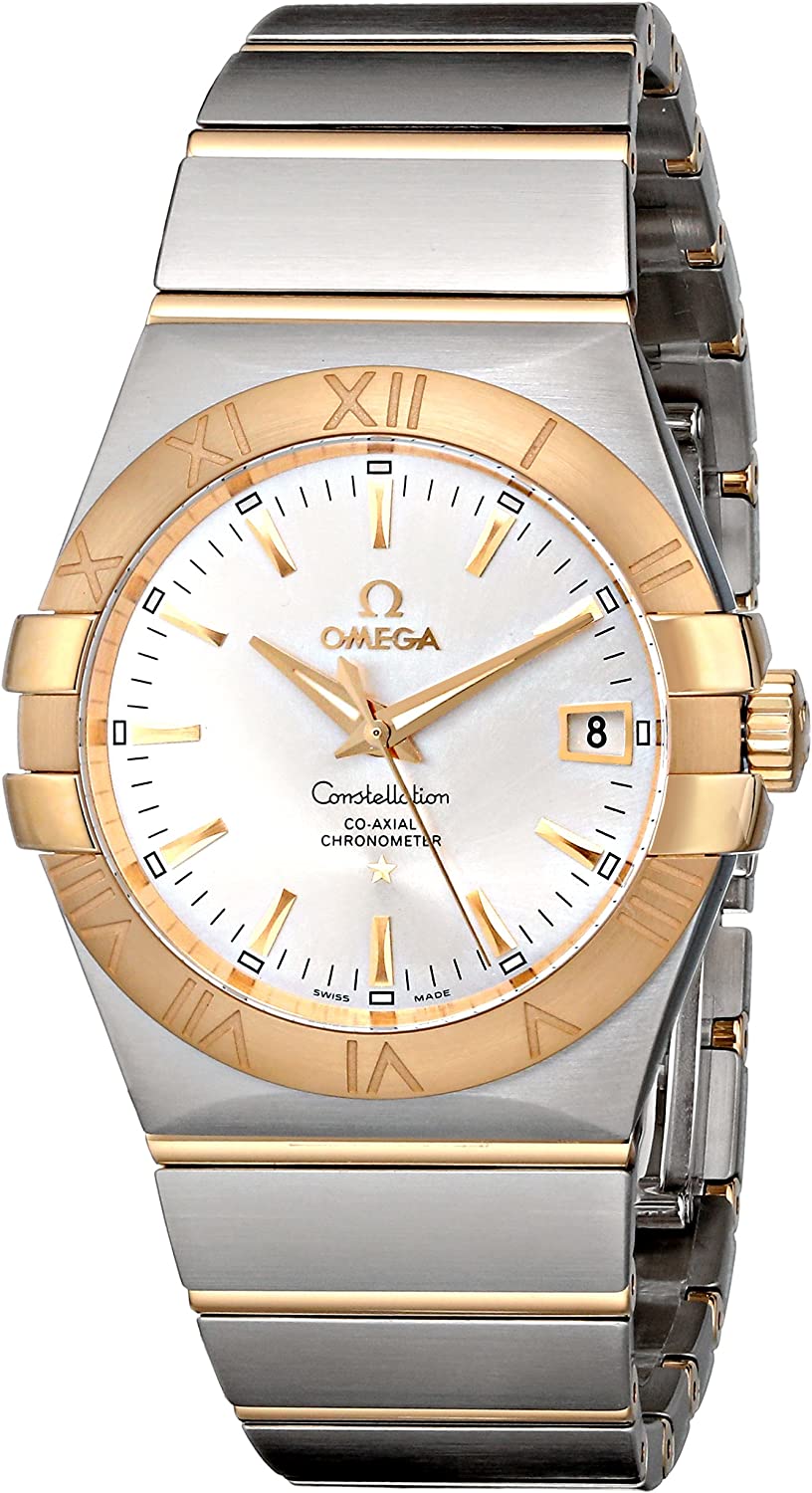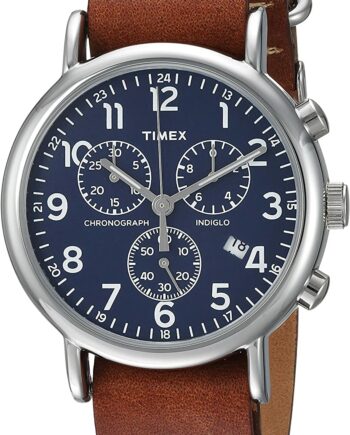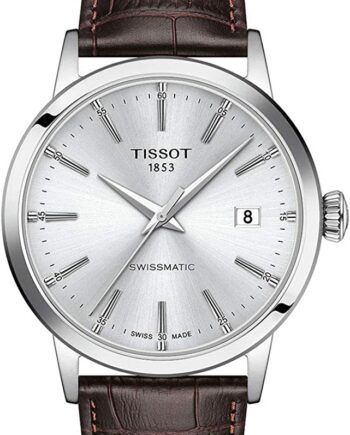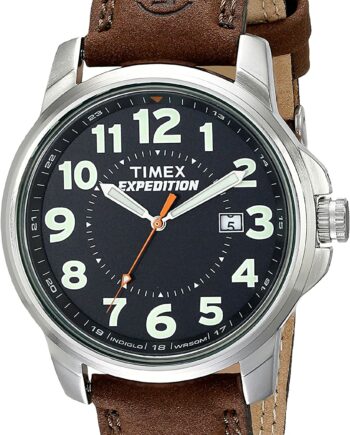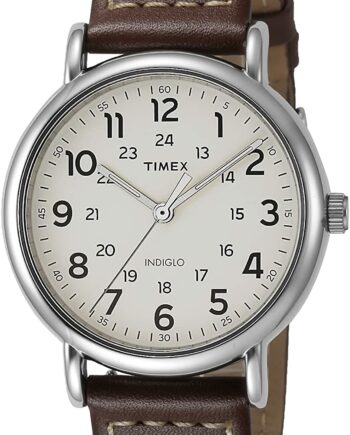Features
- Is Discontinued By Manufacturer: No
- Package Dimensions: 6.75 x 6 x 4.75 inches; 1 Pounds
- Item model number: 123.20.35.20.02.002
- Department: Mens
- Date First Available: April 23, 2012
- Manufacturer: Omega
Watch Information
- Brand, Seller, or Collection Name: Omega
- Model number: 123.20.35.20.02.002
- Part Number: 123.20.35.20.02.002
- Item Shape: Round
- Dial window material type: Anti reflective sapphire
- Display Type: Analog
- Clasp: deployment clasp with double push button
- Case material: Stainless Steel
- Case diameter: 36 millimeters
- Case Thickness: 11.4 millimeters
- Band Material: Two-tone stainless steel
- Band size: Men's Standard
- Band width: 19.5 millimeters
- Band Color: Silver
- Dial color: Silver
- Bezel material: Gold tone
- Bezel function: Stationary
- Calendar: Date
- Movement: Automatic
- Water resistant depth: 330 Feet
- Product Warranty: For warranty information about this product, please click here
Product Details
The Omega watch story begins in 1848, when founder Louis Brandt began hand assembling key-wound precision pocket watches from parts supplied by local craftsmen in his principality La Chaux-de-Fonds, in the northwest corner of Switzerland. However, the Omega name didn't appear until 1894, after Louis Brandt had passed away and his watchmaking traditions were taken over by his sons, Louis-Paul and Cesar Brandt. Omega watches have long been associated with glamorous screen and sports stars--the Omega Seamaster is famous for being the watch of choice for James Bond--with current ambassadors including Pierce Brosnan, Nicole Kidman, tennis player Anna Kournikova, and swimmers Michael Phelps and Ian Thorpe.
But Omega is more than just a fashionable watch. In 1965, the Omega Speedmaster chronograph was "flight-qualified by NASA for all manned space missions" as the only wristwatch to have withstood all of the U.S. space agency's severe tests, including passing grades for extreme shocks, vibrations, and temperatures ranging from -18 to +93 degrees Celsius. The greatest moment in the Speedmaster's history was undoubtedly 20 July 1969 at 02:56 GMT, when it recorded man's first steps on the Moon's surface as part of the Apollo 11 mission. Omega watches rocketed off to space on many subsequent missions, including visits to Skylab and the historic Apollo-Soyuz link-up of Soviet and American astronauts in 1975.
In more recent years, Omega created the world's first self-winding wristwatch with central tourbillon in 1994 and made history in 1999 with the first mass-produced watch incorporating the co-axial escapement, developed in conjunction with renowned English master watchmaker George Daniels. In simple terms, the escapement is the heart of a mechanical watch, generating the impulses that make the mechanism move. Omega's Co-Axial Escapement drastically reduces the friction among the parts that transmit energy to the other components, producing greater stability and precision and reducing service requirements.
Today, Omega is known for its rigorous testing of new movements, cases, and bands. Each new Omega movement is tested on the wrist in existing Omega models, while various laboratory tests are conducted to determine temperature-resistance, shock-resistance and vibration-resistance.

